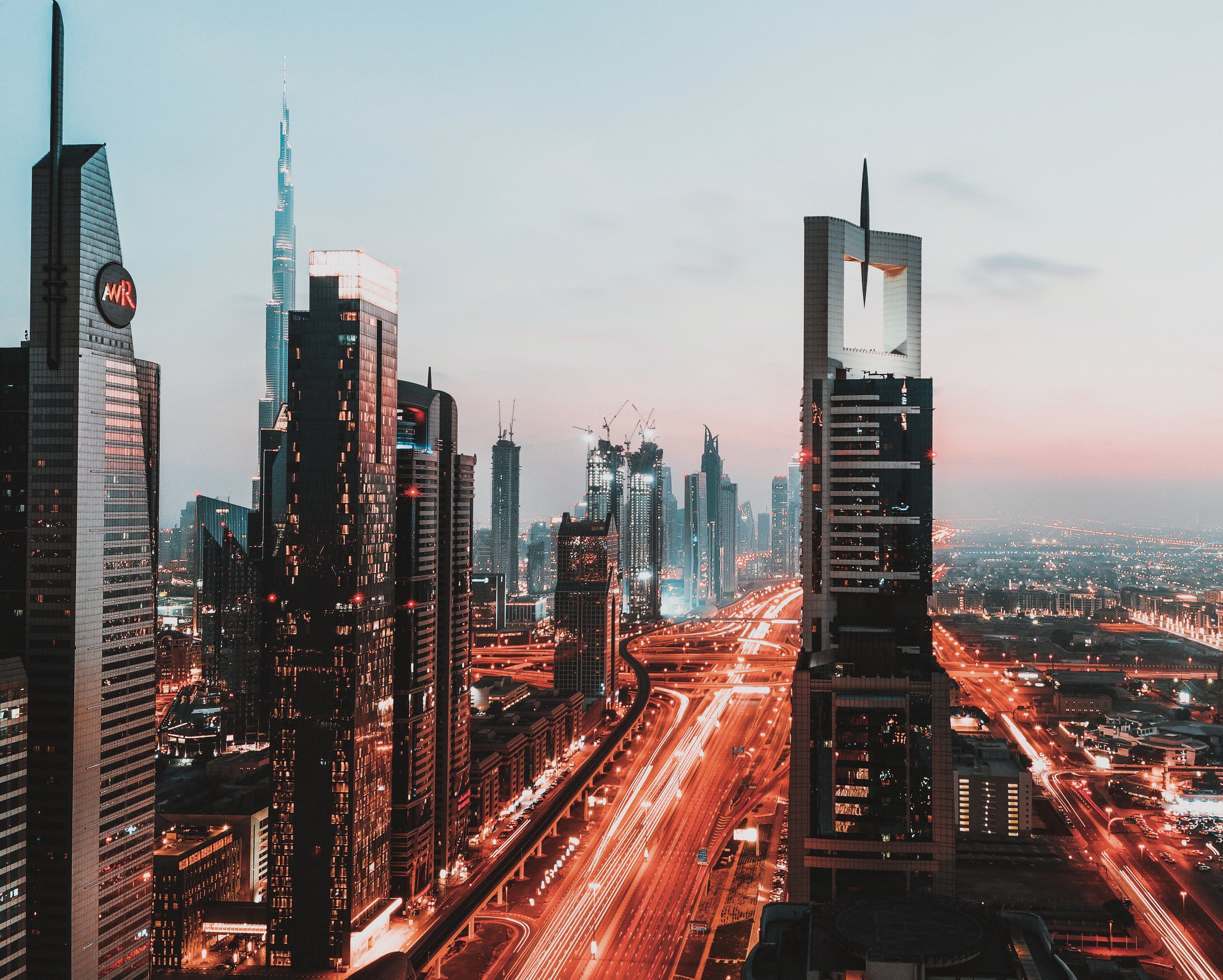Value Added Tax in UAE was introduced in January 2018 at a standard rate of 5%. VAT is an indirect tax and is imposed on most supplies of goods and services that are bought and sold. VAT generally refer to as a type of general consumption tax and it is one of the most common types of consumption tax found around the world. Over 150 countries have implemented VAT or its equivalent Goods and Services Tax.
The UAE Federal and Emirate governments provide citizens and residents with many different public services – including hospitals, roads, public schools, parks, waste control, and police services. These services are paid for using government budgets. VAT provides our country with a new source of income, contributing to the continued provision of high quality public services in the future. It also helps the government move towards its vision of reducing dependence on income derived from oil and other hydrocarbons.
VAT is charged at each step of the “supply chain” and the ultimate consumers generally bear the VAT cost while businesses collect and account for the tax. Businesses act as tax collectors on behalf of the government.
A business must register for VAT if their taxable supplies and imports exceed the mandatory registration threshold of AED 375,000.
Furthermore, a business may opt to register for VAT voluntarily if their supplies and imports are less than the mandatory registration threshold, but exceed the voluntary registration threshold of AED 187,500.
Similarly, a business may register voluntarily if their expenses exceed the voluntary registration threshold. This latter opportunity to register voluntarily is designed to enable start-up businesses with no turnover to register for VAT.
All businesses in the UAE need to maintain records of their financial transactions and ensure that their financial records are accurate and up to date. Businesses that meet the minimum annual turnover requirement (as evidenced by their financial records) are required to register for VAT. Businesses that do not think they should be VAT-registered should maintain their financial records in any event, in case FTA need to establish whether they should be registered.
If you are a VAT-registered business you must report the amount of VAT you’ve charged and the amount of VAT you’ve paid to the government on a regular basis by filing VAT Return on the EmaraTax portal. If you’ve charged more VAT than you’ve paid, you have to pay the difference to the government. If you’ve paid more VAT than you’ve charged, you can reclaim the difference by submitting a VAT Refund application.
VAT will be charged at 0% in respect of the following main categories of supplies:
The following categories of supplies will be exempt from VAT:
Where a VAT registered person incurs input tax on its business expenses, this input tax can be recovered in full if it relates to a taxable supply made, or intended to be made, by the registered person. In contrast, where the expense relates to a non-taxable supply (e.g. exempt supplies), the registered person may not recover the input tax paid.
In certain situations, an expense may relate to both taxable and non-taxable supplies made by the registered person (such as activities of the banking sector). In these circumstances, the registered person would need to apportion input tax between the taxable and non-taxable (exempt) supplies.
Businesses will be expected to use input tax (ratio of recoverable to total) as a basis for apportionment in the first instance although there will be the facility to use other methods where they are fair and agreed with the Federal Tax Authority.
Supplies made by government entities are typically subject to VAT. This ensures that government entities are not unfairly advantaged as compared to private businesses.
Certain supplies made by government entities will, however, be excluded from the scope of VAT if they are not in competition with the private sector or where the entity is the sole provider of such supplies. Certain government entities are entitled to VAT refunds – this is designed to avoid budgeting issues and provide a level playing field between outsourced and insourced activities.
For the supplies provided for government entities, the treatment of such supplies depends on the same supply and not on the recipient of the supply. Therefore, if the supply is subject to the standard tax rate, the treatment will remain the same even if it is provided to a government entity.

Flyingcolour® Tax Consultant and J N J Auditing LLC provide accounting and bookkeeping services, tax related services, auditing, economic substance regulation (ESR) services, anti-money laundering compliance services, tax residency certificate assistance, payroll services, excise tax services, other compliance, and CFO services, etc. through our team of experienced professionals. we cover comprehensive and customized packages tailored to your specific requirements.